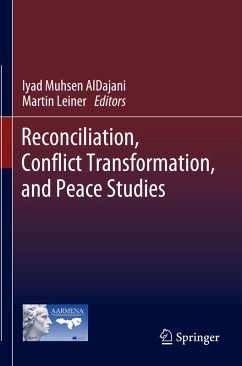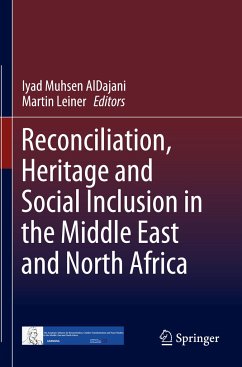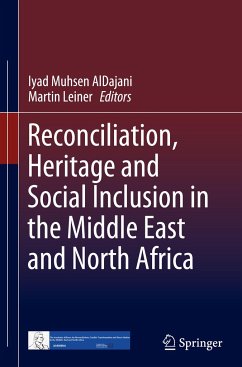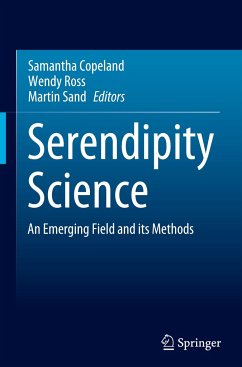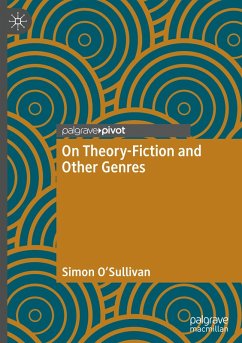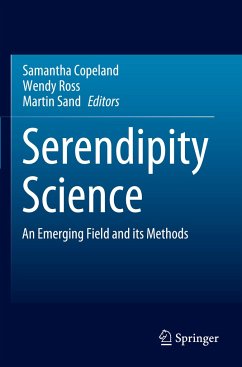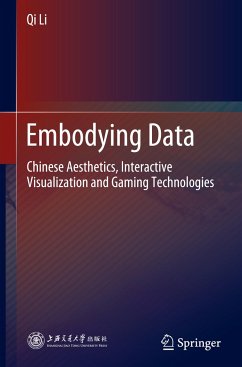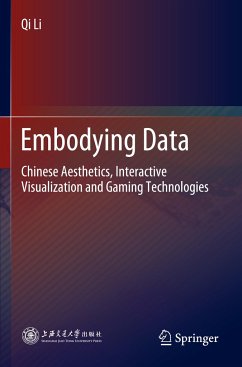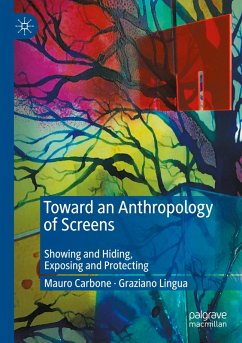
Reconciliation, Conflict Transformation, and Peace Studies

PAYBACK Punkte
54 °P sammeln!
This book, achieved in cooperation with the Academic Alliance for Reconciliation Studies in the Middle East and North Africa (AARMENA), focuses on peacebuilding, conflict transformation, and shifts toward approaching the reconciliation process as an inter-, trans- and multidisciplinary field. The research presented in the series focuses on the Middle East and North Africa, highlighting contributions by practitioners and scholars alike.The book is divided into five sections:Sections 1: Theoretical and Philosophical FrameworkSection 2: Digital Humanities on Reconciliation, Conflict Transformatio...
This book, achieved in cooperation with the Academic Alliance for Reconciliation Studies in the Middle East and North Africa (AARMENA), focuses on peacebuilding, conflict transformation, and shifts toward approaching the reconciliation process as an inter-, trans- and multidisciplinary field. The research presented in the series focuses on the Middle East and North Africa, highlighting contributions by practitioners and scholars alike.
The book is divided into five sections:
Sections 1: Theoretical and Philosophical Framework
Section 2: Digital Humanities on Reconciliation, Conflict Transformation, and Peace Studies
Section 3: Research Science on Reconciliation, Conflict Transformation, and Peace Studies
Section 4: Practices of Studies on Reconciliation, Conflict Transformation, and Peace Studies
Section 5: Cases Studies on Reconciliation, Conflict Transformation, and Peace Studies
The book's first part focuses on theories and the philosophical framework for the research on reconciliation, conflict transformation, and peace studies. The second part of the book is dedicated to digital humanities development in the reconciliation and peace education field, its impact on the reconciliation process in societies, and the introduction of Artificial Intelligence in analysis techniques to differentiate and identify research in different domains. The book's third part is dedicated to the research on reconciliation and conflict transformation in different disciplines. The fourth part concentrates on the practices in the field, and the fifth part illustrates case studies on reconciliation, conflict transformation, and peace studies.
The target audience is professors, scholars, practitioners, students, and scientists that are experts in the field of Middle East and North Africa.
The book is divided into five sections:
Sections 1: Theoretical and Philosophical Framework
Section 2: Digital Humanities on Reconciliation, Conflict Transformation, and Peace Studies
Section 3: Research Science on Reconciliation, Conflict Transformation, and Peace Studies
Section 4: Practices of Studies on Reconciliation, Conflict Transformation, and Peace Studies
Section 5: Cases Studies on Reconciliation, Conflict Transformation, and Peace Studies
The book's first part focuses on theories and the philosophical framework for the research on reconciliation, conflict transformation, and peace studies. The second part of the book is dedicated to digital humanities development in the reconciliation and peace education field, its impact on the reconciliation process in societies, and the introduction of Artificial Intelligence in analysis techniques to differentiate and identify research in different domains. The book's third part is dedicated to the research on reconciliation and conflict transformation in different disciplines. The fourth part concentrates on the practices in the field, and the fifth part illustrates case studies on reconciliation, conflict transformation, and peace studies.
The target audience is professors, scholars, practitioners, students, and scientists that are experts in the field of Middle East and North Africa.



